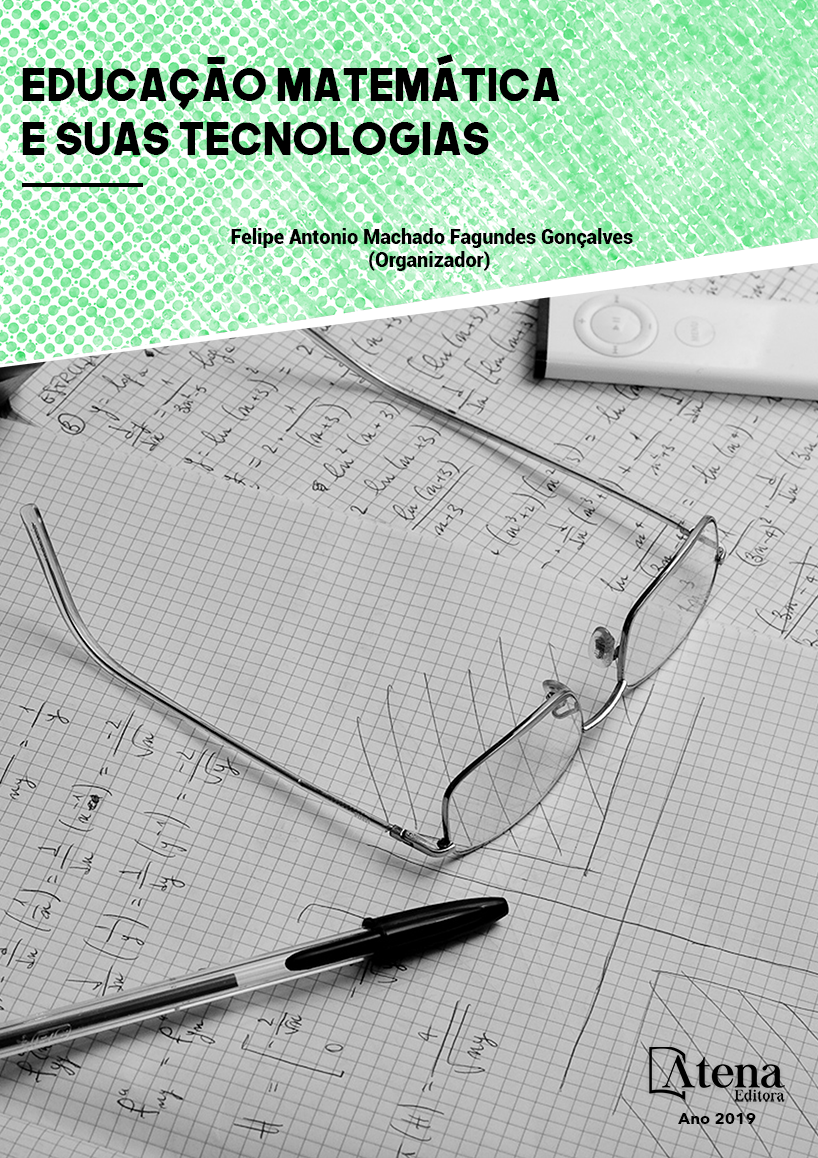
DE LA ESTRUCTURA INFORMAL A LA ARQUITECTURA DE VALIDACIÓN: UN EMERGENTE EN LA COMUNIDAD DE PRÁCTICA DE FORMADORES DE PROFESORES DE MATEMÁTICAS
Este capítulo presenta la
“Arquitectura para la validación de diseños
didácticos en escenarios naturales” como
manera en que la comunidad de práctica
de profesores de matemáticas, CAM, opera
la investigación acerca de la validación de
diseños de ambientes didácticos que acogen la
diversidad en escenarios naturales. Tal forma de
operar emergió en una práctica de investigación
que combina el método Investigación en ciencia
de diseño, Experimentos de enseñanza, y
sistematización de la práctica en comunidades
de práctica. Esta Arquitectura, ya validada
durante la investigación, puede ser usada por
formadores de profesores de matemáticas que
se identifiquen como partícipes legítimos y
transformadores de ambientes didácticos que
incorporan el acogimiento de la diversidad.
Aporta a la problemática de la educación
inclusiva elementos que pueden colaborar en la
formación de profesores de matemáticas para
que acojan la diversidad.
DE LA ESTRUCTURA INFORMAL A LA ARQUITECTURA DE VALIDACIÓN: UN EMERGENTE EN LA COMUNIDAD DE PRÁCTICA DE FORMADORES DE PROFESORES DE MATEMÁTICAS
-
DOI: 10.22533/at.ed.4771924057
-
Palavras-chave: Comunidades de práctica, investigación en diseño, formación de profesores de matemáticas, diseños accesibles
-
Keywords: Communities of practice, Design research, Formation of teachers of mathematics, Accessible designs
-
Abstract:
This chapter gives the
“Architecture for the validation of didactic
designs in natural scenarios” and it is presented
as a way in which the community of practice
of mathematics professors, CAM, operates
the research about the validation of designs
of didactic environments that embraces diversity in natural scenarios. This way of
operating emerged in a research practice that combines three methods of research,
Design Science Research, Teaching Experiments, and systematization of practice in
communities of practice. This architecture, already validated during the research, can
be used by teachers of mathematics teachers who identify themselves as legitimate
participants and transformers of didactic environments that fosterage diversity. It’s a
contribution to the problematic of the inclusive education because it gives elements for
a formation of professors of mathematics so that they embrace the diversity.
-
Número de páginas: 15
- Jaime Humberto Romero Cruz
- Olga Lucía León Corredor
- Martha Alba Bonilla Estévez
- Diana Gil-Chaves
- Edwin Alfredo Carranza Vargas
- Claudia Cecilia Castro Cortés
- Francisco Alejandro Sánchez-Acero
- Jaime Romero


